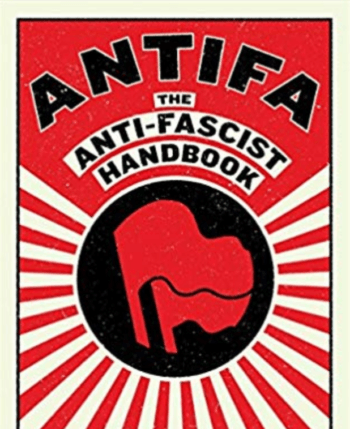Welcome to Part 2 of my summer reading list! In my previous post I wrote about some of the fiction I’ve been reading lately. Here’s some of the nonfiction on my reading list.
Daniel Drezner – The Ideas Industry
This book is three parts jeremiad against the ‘ideas industry’ and one part proposal for how to promote ideas using technology. But the basic idea is that public intellectuals are now out of favor. ‘Thought leaders’ replace their role in public discourse. Thought leaders are evangelists for one or a few large-scale ideas, whereas public intellectuals were both broader and deeper social critics. Why did this happen? Drezner cites erosion of trust in intellectual authorities, political polarization, and economic inequality, among other things. I think Drezer puts his finger on something important, though I don’t think he gives us much in terms of how to address these issues.
Mark Bray – Antifa: The Antifascist Manifesto
Bray gives us the first, and so far only, historical overview of Antifa. And I wrote a bit about his book in an earlier post on Antifa’s successes and limits. He traces Antifa to groups ranging from anti-Nazi resistance movements to leftist punk traditions. And he usefully reminds us, or tells us for the first time, that Antifa is grounded more in anarchist organizing and direct action than in violence or chaos. As a result, he clears up any number of misconceptions. I think his conception of fascism is a bit broad, and a bit broad in ways similar to Jason Stanley‘s. His conception of antifa is very broad, and he includes many groups that are probably more anti-racist than anti-fascist. But these are fairly minor quibbles. The book is much worth reading.
Jane McAlevey – No Shortcuts
McAlevey’s a union organizer and a student of Frances Fox Piven, whose book Poor People’s Movements offers probably the best overview of successful activist methods. What McAlevey does is apply the methods of good union organizing to broader social movements. She looks at several case studies of successful organizing during times of union decline. And what she finds is this. There’s no shortcut to what works: grassroots organizing built around one-on-one conversations, democratic methods, collective action, and solidarity. She condemns excessive specialization, top-down organizations, and organizations that focus only on advocacy or mobilization. It’s a tough message, and it’s one groups need to learn.
Ruy Teixeira – The Optimistic Leftist
From the title, I guess I’d expect not to like this. I’m probably not an optimist. But, really, let’s set that aside. What Teixeira’s doing with this book is arguing that despite all appearances, things aren’t really that bad for the ‘political left’ (which he defines in a way that includes everyone from centrist Democrats to anarchists and communists). He sees an overall positive trend in economic indicators, for one. And he thinks demographic realities will force American politics toward the Democratic Party’s platform. I’d say more, but I think you get the basic idea. To put it mildly, I found the book ill-informed and unimpressive. I think you can safely pass on this one.
Bonus: Bhaskar Sunkara – The Socialist Manifesto
Okay, so this one might not be a surprise for regular readers. I’ve already written a post on this book, so I won’t say much else about it here. But it’s going on my reading list anyway. Sunkara defends a social democratic route to socialism. And he defends Bernie Sanders (among others) as a methodological socialist along the way.
